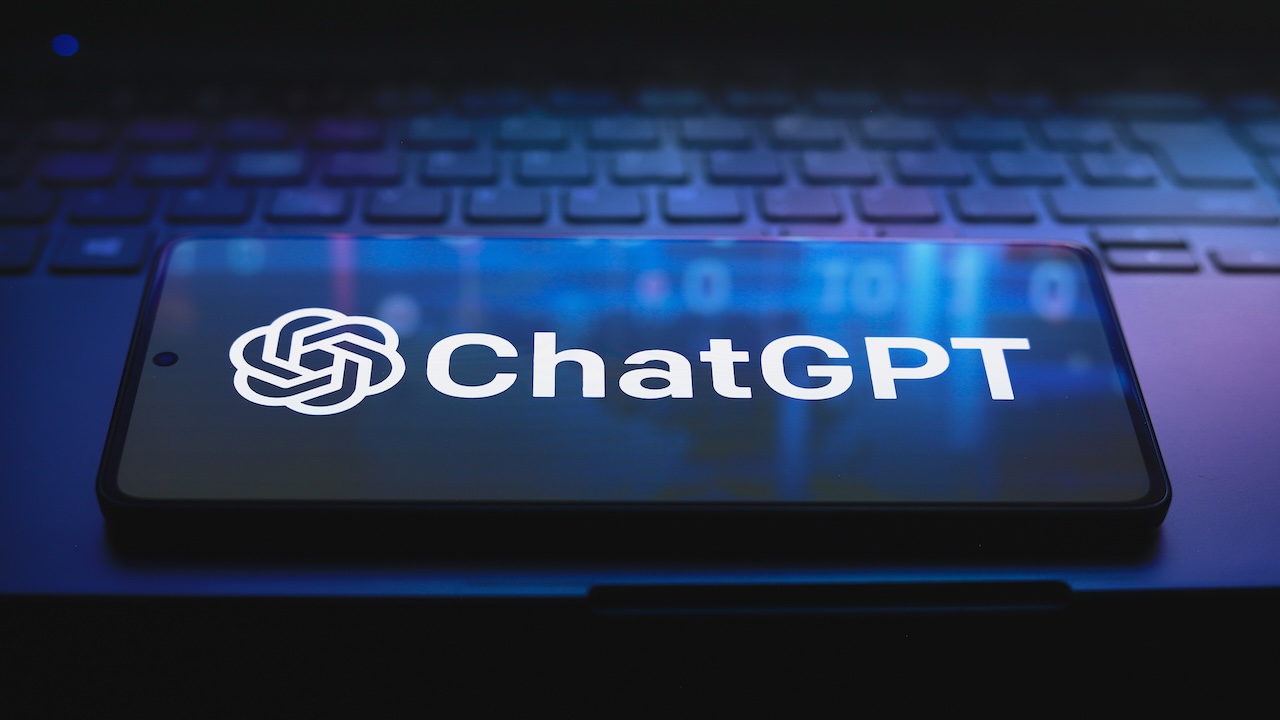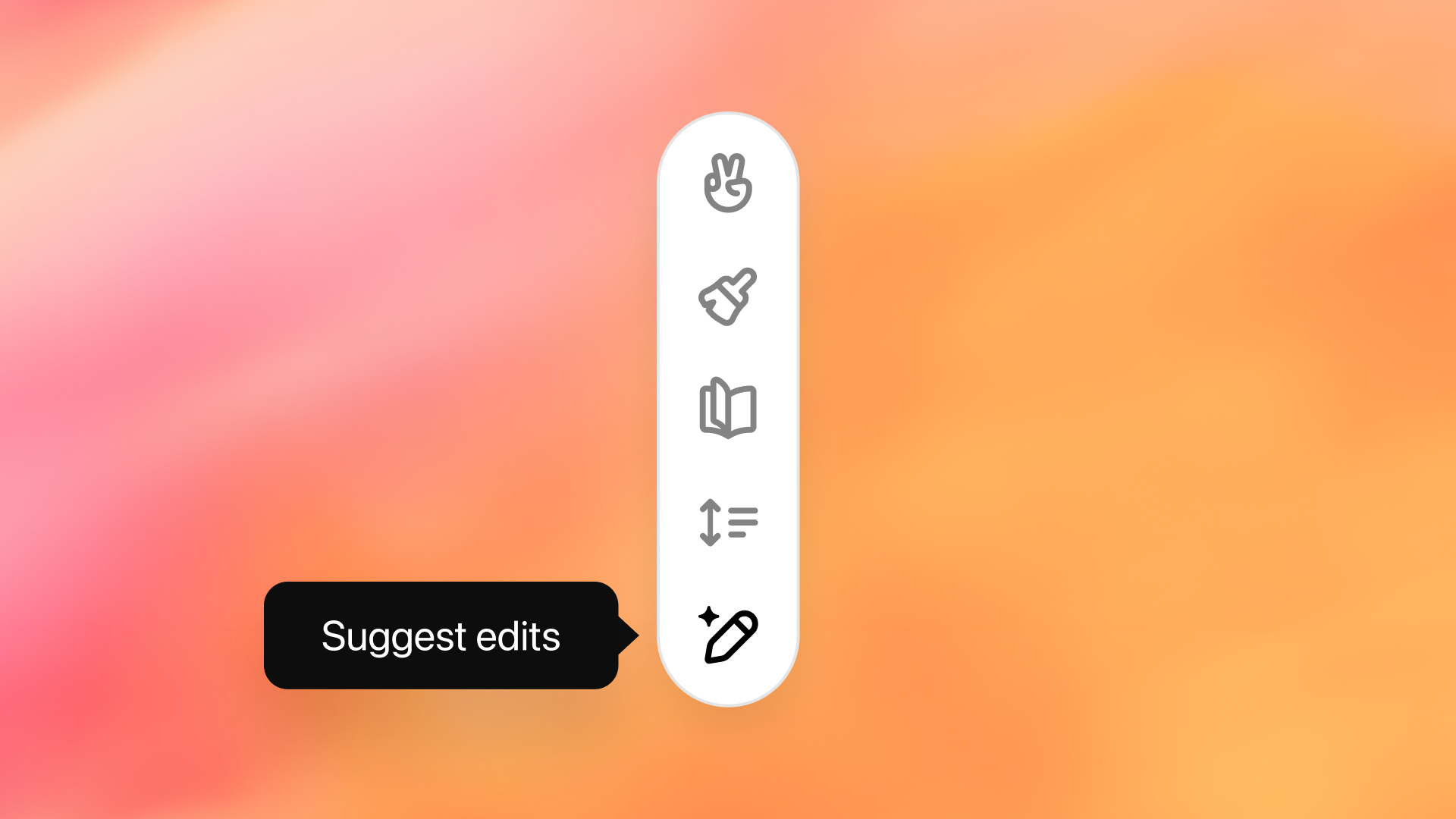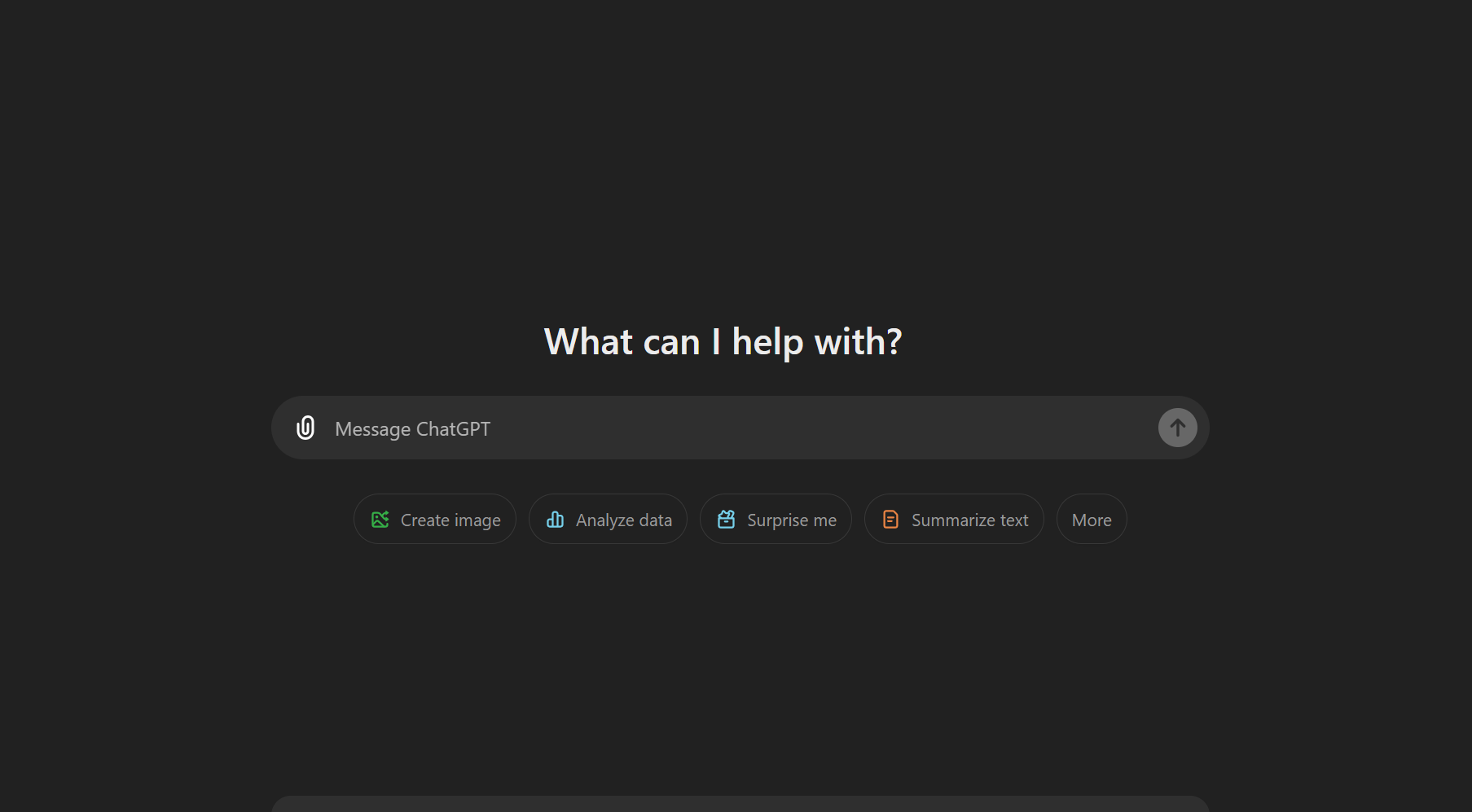
Rumors abound that at some point in the next week or two, we are going to see major updates to two of the leading artificial intelligence chatbots — namely ChatGPT and Claude.
One of the biggest rumors focuses on the underlying models that power the intelligence in both platforms. We've been expecting larger and smaller versions of Claude 3.5 since Sonnet launched earlier this year, and an update to OpenAI’s GPT-4 family is long overdue.
Some features have been sitting on the sidelines or teased, particularly by OpenAI. This includes the integration of SearchGPT and the full version of its o1 reasoning model. Anthropic has however, just released a new iPad version of the Claude app and given the mobile apps a refresh — maybe in preparation for that rumored new model.
There are no specific dates for when any of this will happen, but throughout the year, both OpenAI and Anthropic have mentioned upgrades by the fall. When I look outside, the leaves on the trees are starting to turn orange, and pumpkins are in the stores, which means fall to me. And that suggests the updates could be imminent.
What can we expect in the AI space?

Rumors of updates are nothing new to me as a technology journalist. I've written many stories speculating on new features coming to the next version of iOS, a button changing on the side of a pair of headphones, or a camera update in the latest smartphone.
While we are now starting to see feature add-ons to chatbots with generative AI — ChatGPT Canvas or Claude Artifacts are both good examples of this — those rumors often surround model changes. An update to a model is the equivalent of upgrading to a new operating system, going from iOS 17 to 18 or Windows 10 to 11, rather than a simple feature update.
We are expecting something new this year, and I would still put money on it being the next big upgrade to the GPT family.
OpenAI unveiled its last GPT-4 update in the spring with GPT-4.0, or its native multimodal Omni model version of GPT-4. It then released its 01 reasoning model, which many speculators believe is still based on the GPT-4 family, at least the preview of mini versions we've seen. What we haven't had is a GPT-4.5, whether in Omni, 01, or mini flavor — or even the long-rumored GPT-5.
Speculation is rife that we may never see GPT-4.5 or GPT-5 because OpenAI is moving away from that type of labeling. Sam Altman himself has said that there's a distinction between the o1 category of models and the GPT-type models. But we are expecting something new this year, and I would still put money on it being the next big upgrade to the GPT family.
When it comes to Anthropic, they’re fairly regular with their updates. In June, we saw Claude 3.5 Sonnet come out — this was the mid-tier model. The Claude family comes in three flavors: Haiku, which is the equivalent of GPT Mini or Gemini Flash; Sonnet, which is the mid-tier model; and Opus, which is the very large, high-parameter model. All we've seen so far from the 3.5 family of Claude models is Sonnet, and everyone is speculating that Opus is just around the corner.
Why is this such a big deal?

With every new model comes a new degree of functionality and capability. Some of these features are locked away by guardrails. For example, we know for a fact that GPT-4.0 is capable of creating images, vector graphics, and the voice version is capable of singing, and all of these features have been disabled by OpenAI.
When a new model comes out, it will get better at reasoning, it will perform better across all of the standard metrics and benchmarks, allowing for improved coding, better writing, and more nuanced conversations with AI. All of this will enhance user experience.
As each new flagship model is released, this helps to refine the smaller versions, making them cheaper, faster, and more efficient, allowing them to be more widely used. This helps get us to the point Sam Altman describes as ‘intelligence too cheap to meter.’
If we don’t get an entirely new model, I suspect we will see the full rollout of SearchGPT in ChatGPT, wider access to Advanced Voice, and for Anthropic, the possibility of live internet access and code running in Claude.







